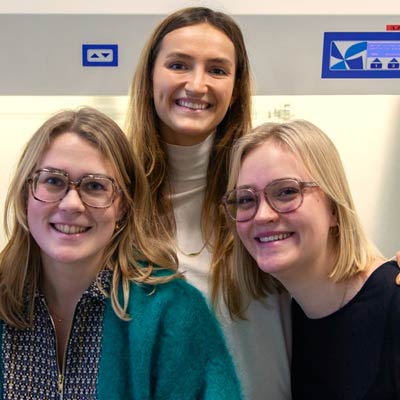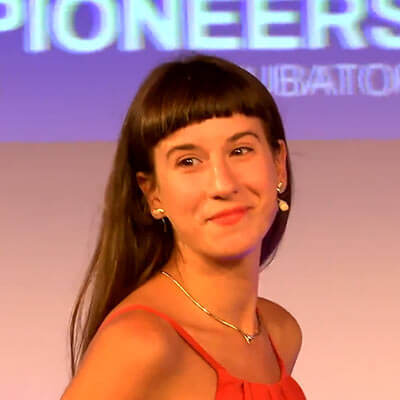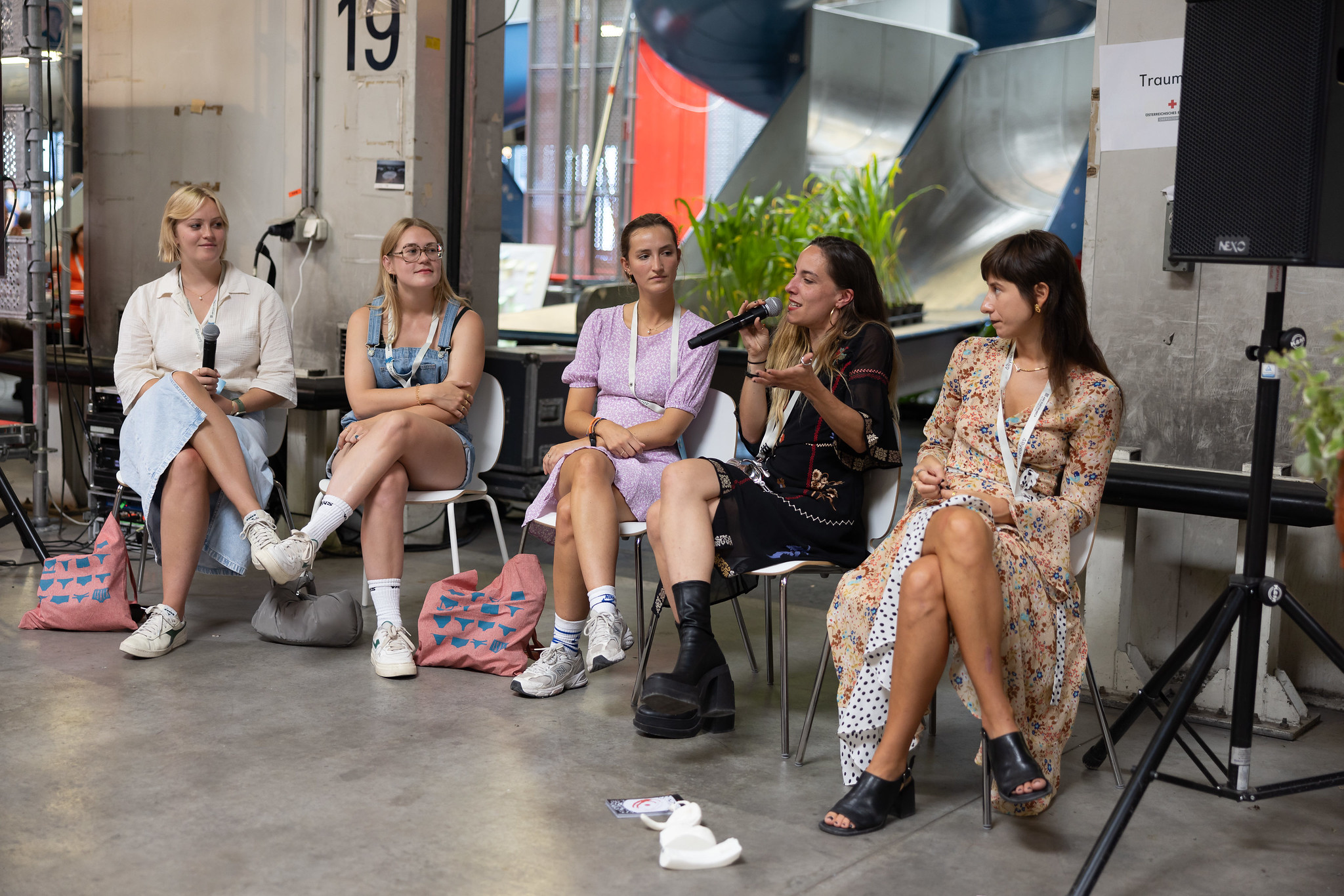Creative Collider Talk @ Transformation Lounge invites two artistic activists to explore the source of creativity that actively transforms society. How to address the social stigma concerning intimacy and taboos related to the female body? With the European Union Prize for Citizen Science’s Grand Prize winner, ISALA project, and the participants of the STARTS Prize cross-fertilization program, who are developing the ALMA Toolkit, we will discuss different approaches to this topic and invite citizens to talk about women’s health.
Credits
ALMA Toolkit is part of the STARTS Cross-Fertilization Program of the S+T+ARTS PRIZE project, which has received funding from the European Union’s Horizon 2020 research and innovation programme (GA 956603).
The European Union Prize for Citizen Science is awarded in the context of the IMPETUS project funded by the European Union under Grant Agreement No. 101058677 – HORIZON-WIDERA-2021-ERA-01.
Isala Team (BE)
Isala Team (BE) was formed within Prof. Sarah Lebeer’s Laboratory of Applied Microbiology and Biotechnology at the University of Antwerp. Prof. Sarah Lebeer is the principal investigator; dr. Sarah Ahannach and dr. Camille Allonsius are the project managers; dr. Stijn Wittouck is the bioinformatician (assisted by Tim Van Rillaer); dr. Thies Gehrmann is the biostatistician and data manager; Tom Eilers and Jelle Dillen characterize the bacteria; dr. Sandra Condori is the Isala sisterhood project manager; Leonore Vander Donck studies personal hygiene and the vaginal microbiome; Caroline Dricot studies the host immune system and the microbiome; Isabel Erreygers studies diet and the vaginal metabolome; Inas Rahou studies endometriosis and the urogenital microbiome; Ines Tuyaerts, Nele Van de Vliet and Sam Bakelants provide lab support while Annelize Groenwals provides administrative support.

Leonore Vander Donck (BE), Caroline Dricot (BE), Joke Van Malderen (BE)
Leonore Vander Donck, Caroline Dricot, Joke Van Malderen are PhD candidates at the laboratory of applied microbiology and biotechnology at the University of Antwerp, Belgium (FWO fellowship). They all graduated as a master in bioscience engineering in cell- and gene biotechnology.
Leonore is interested in the effect of intimacy, lifestyle and hygiene habits on the vaginal microbiome within the citizen science project Isala, and specifically studies the influence of menstrual hygiene products on the vaginal microbiome. She also designs synthetic vaginal microbial communities which help us to understand lactobacilli dominance in the vagina. She co-manages the social media of the Isala project.
Caroline investigates the role of microorganisms that produce vitamin B2 in the vagina. She focuses on their involvement in the vaginal immune system. She is especially interested in leveraging these interesting bacteria for vaginal health purposes. Further, Caroline wants to explore the use of vitamin producing bacteria in food fermentations to increase their nutritional content, and help people with deficiencies.
Joke studies the role of the microbiome related to upper respiratory tract diseases with the focus on chronic ear infections. In her PhD specifically, she investigates potential probiotic bacteria as live biotherapeutic products and tries to understand how these microorganisms correlate to respiratory health, in collaboration with the University Hospital of Antwerp. All are active in science communication of the Isala project and hope to contribute to breaking the taboo about vaginal health and help women to take their health into their own hands.

Giulia Tomasello (IT)
Giulia Tomasello is an interaction designer and educator committed to female healthcare and its innovation, combining biotechnology and interactive wearables. Founder of ALMA, which combines design, technology and anthropology to co-create tools for a radical cultural change in female intimate health.
